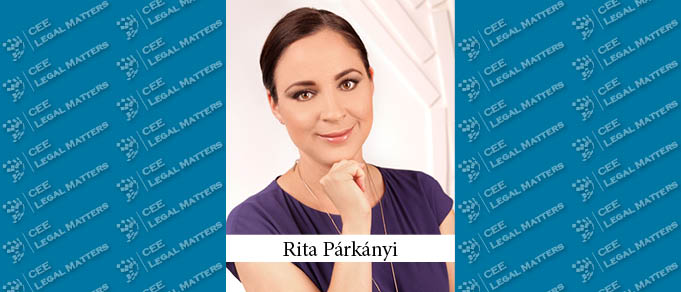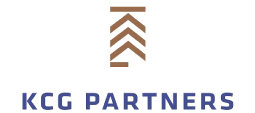The supervisory activity of the National Media and Infocommuncations Authority (“NMIA”) and the operation of communication service providers will be highly affected by the implemented provisions of the European Electronic Communications Code that prescribes the applicable new European framework of electronic communications.
Hungary was one of the first EU country that implemented the European Electronic Communications Code by amending the Act C of 2003 on Electronic Communications in July 2020. The NMIA finalised this implementation procedure by elaborating the detailed national provisions at the end of 2020. Due to this comprehensive strategic work of the NMIA, 22 decrees have been either reviewed or adopted.
According to the NMIA’s communication director, the new provisions not only changed the name of the categories of the services, but also the scope of services falling under the regulations expanded significantly (e.g. e-mails and machine to machine M2M services). The newly applicable regulations modified the provisions on subscription contracts for electronic communication. This new decree redefined and reregulated the conclusion, amendment and termination of subscription contracts, the mandatory content of general terms and conditions and individual subscription contracts.
Furthermore, telecommunication service providers face another change, as they may only conclude a two-year-long fixed-term subscription contract at the request of a subscriber and only if the subscriber purchases a device. In any other cases the fixed term of a subscription agreement may not exceed one year. In addition, instead of services of the past (e.g. telephone line, telephone book) the affordable broadband internet services have been in the focus of the new set of regulations. The aim is to facilitate the deployment of very high capacity networks and the distribution of financial and other burdens between service providers.
The implementation of these new provisions will be monitored by NMIA during 2021. According to the authority, NMIA will monitor whether service providers are prepared for the new rules and apply them in practice, including the significantly amended basic rules for the subscription contracts.
By Rita Parkanyi, Partner, KCG Partners Law Firm


